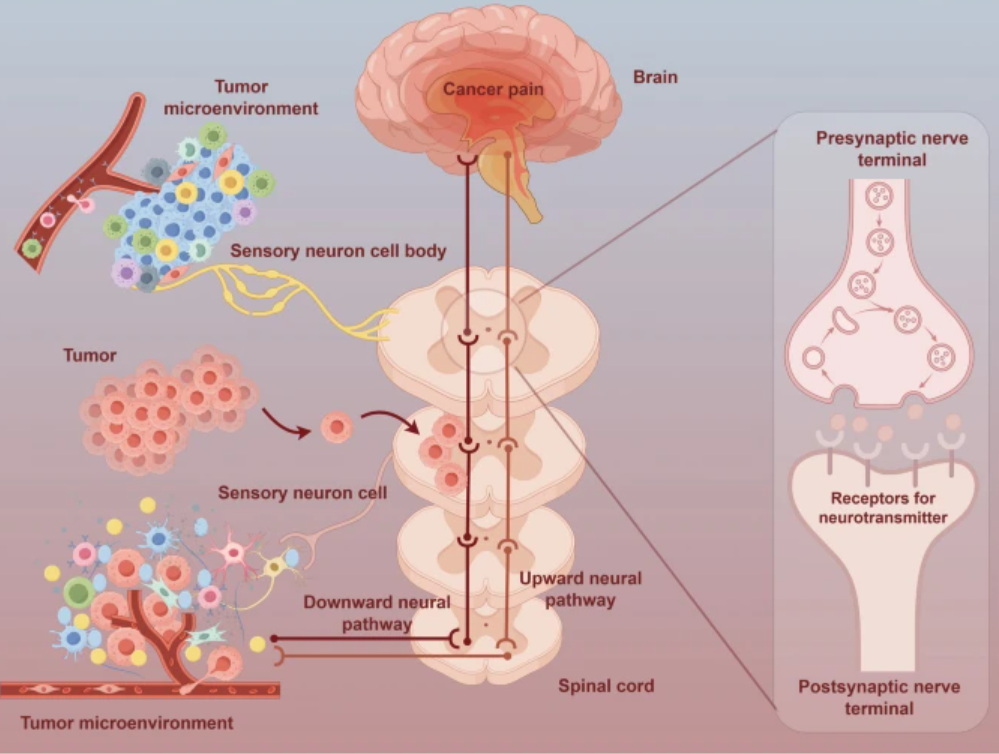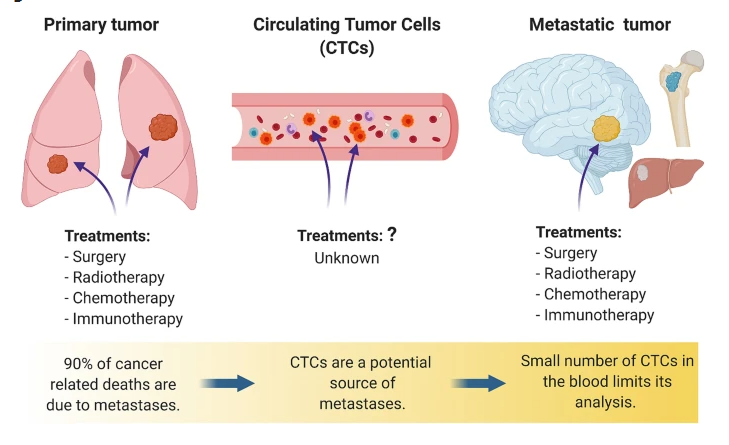Early-stage pancreatic cancer
Category : Pancreatic Cancer | Sub Category : Pancreatic Cancer Posted on 2025-07-02 14:02:33

Pancreatic Cancer Overview
Pancreatic cancer occurs when malignant cells form in the tissues of the pancreas, a gland located behind the stomach that aids in digestion and blood sugar regulation. It is often diagnosed at an advanced stage due to its subtle early symptoms.
Symptoms
Early-stage pancreatic cancer may present no noticeable signs. As it progresses, symptoms can include:
- Abdominal pain that may radiate to the back
- Jaundice (yellowing of the skin and eyes)
- Unexplained weight loss
- Loss of appetite
- Nausea or vomiting
- New-onset diabetes or worsening of existing diabetes
- Fatigue
- Pale, greasy stools that are hard to flush
Causes and Risk Factors
The precise cause is unclear, but pancreatic cancer develops from genetic mutations leading to uncontrolled cell growth. Risk factors include:
- Age (most common in people over 65)
- Smoking
- Chronic pancreatitis
- Diabetes
- Obesity
- Family history of pancreatic cancer
- Certain genetic syndromes (e.g., BRCA2 mutations)
- Heavy alcohol consumption
Diagnosis
Diagnosis typically involves:
- Imaging tests (e.g., CT scan, MRI, or endoscopic ultrasound) to visualize the pancreas
- Blood tests to check for tumor markers like CA 19-9
- Biopsy to confirm cancer presence and type
- Endoscopic retrograde cholangiopancreatography (ERCP) in some cases
Treatment
Treatment depends on the cancer’s stage and location, and options include:
- Surgery: Procedures like Whipple surgery or distal pancreatectomy for resectable tumors.
- Chemotherapy: Used to shrink tumors or slow progression.
- Radiation Therapy: Often combined with chemotherapy for localized control.
- Targeted Therapy: Focuses on specific cancer cell features.
- Immunotherapy: Emerging option for some patients.
- Palliative Care: Focuses on symptom relief for advanced cases.
Prognosis
Pancreatic cancer has a poor prognosis, with a 5-year survival rate of about 10-12% due to late detection. Early-stage diagnosis improves outcomes, but most cases are advanced at diagnosis.
Disclaimer
This information is for general informational purposes only and does not constitute professional medical advice. Consult a healthcare provider for personalized guidance. For medical emergencies, contact a doctor or, in the United States, call 911 immediately.
Leave a Comment:
SEARCH
Categories
Recent News
- Cancer Pain Medications
- Gastric Cancer (Stomach Cancer)
- New Discovery Links Mitochondrial DNA to Immunotherapy Success in Cancer Treatment
- John’s Journey: Healing Through Lifestyle and Natural Remedies
- The truth about finding a cure for cancer
- Federal Government Commissions Three Oncology Centres to Strengthen Cancer Care in Nigeria
- Nigeria Advances National Cancer Control Efforts
- Nigeria’s Biggest Cancer Awareness Walk by Mukhtasar M. Alkali
READ MORE
2 months ago Category : Tell us your Story

Cancer Pain Medications
Read More →2 months ago Category : Gastric Cancer

Gastric Cancer (Stomach Cancer)
Read More →3 months ago Category : Colorectal Cancer

New Discovery Links Mitochondrial DNA to Immunotherapy Success in Cancer Treatment
Read More →3 months ago Category : Tell us your Story
